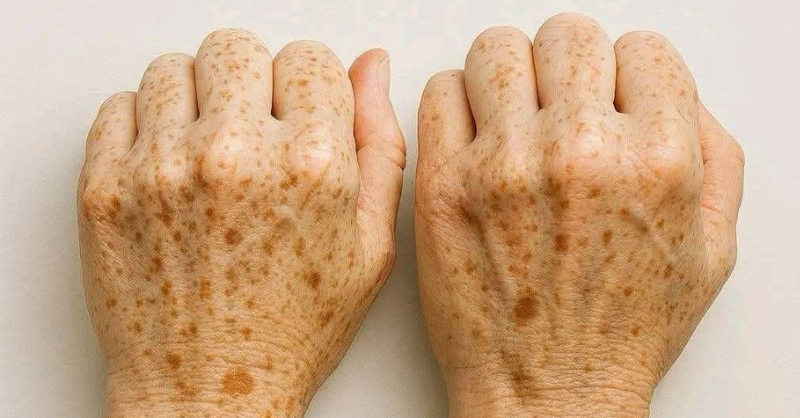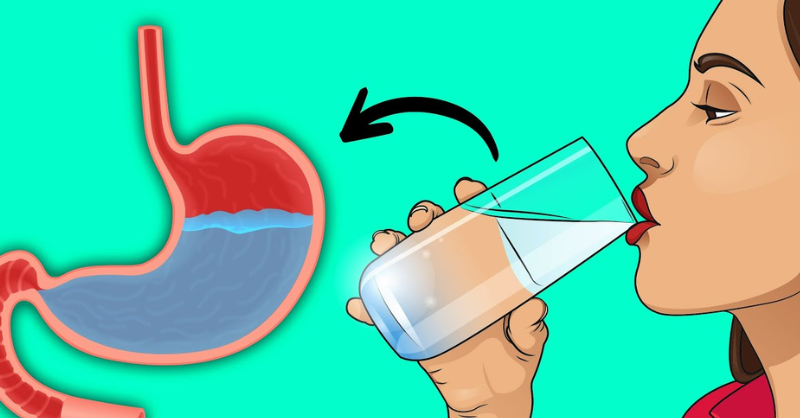
A husband’s daily habits can have a greater impact on his wife’s health than many realize. Even seemingly minor behaviors—like skipping workouts or smoking—can increase long-term risks, including those affecting breast health.
While a woman’s own diet, exercise, and lifestyle choices are critical, research shows that a partner’s habits can also influence her well-being.
Supportive Partners Make a Difference
A supportive husband does more than provide emotional care—he can also play a key role in encouraging healthy routines. Experts highlight two everyday habits that may subtly affect women’s breast health. Addressing these behaviors together can benefit both partners’ health and strengthen the relationship.
1. A Sedentary Lifestyle
A husband’s inactivity can influence his wife’s daily habits over time. Couples often mirror each other’s routines, so if one partner frequently sits for long periods, skips exercise, or eats irregularly, the other may gradually adopt the same patterns.
Physical inactivity and excess body fat are linked to higher risks of breast issues, particularly in women over 40. Inactivity may disrupt hormone balance, including estrogen, which can contribute to abnormal cell growth in breast tissue. When both partners settle into an inactive routine, maintaining energy and a healthy weight becomes increasingly difficult.
2. Smoking and “Third-Hand Smoke”

Smoking is a hidden health risk at home. Even when a man smokes outdoors or in a separate room, toxic particles cling to his clothing, hair, skin, and furniture. Known as “third-hand smoke,” these chemicals can linger for hours, continuing to expose loved ones to cancer-causing substances.
Women exposed to second-hand or third-hand smoke, especially those who are premenopausal, face a higher risk of breast problems. The World Health Organization estimates that women living with smokers have a 20–30% higher risk of breast cancer compared to those in smoke-free homes.
The dangers extend beyond breast health. Secondary smoke increases the likelihood of heart disease, lung disease, and reproductive issues. Importantly, a husband does not need to smoke directly in front of his wife—residual chemicals in shared spaces are enough to pose a risk.
Evidence supports these concerns. A study published in the British Journal of Cancer found that non-smoking women exposed to secondhand smoke had a 24% higher risk of breast cancer, with risk rising with longer or more intense exposure. Similarly, research from Japan identified a dose-response link between husbands’ smoking and breast cancer risk in women.
Small Changes, Big Impact

Even small lifestyle adjustments can make a meaningful difference. Couples who commit to healthier habits together—such as regular physical activity and smoke-free environments—can improve both partners’ health while reinforcing a positive, supportive relationship.




